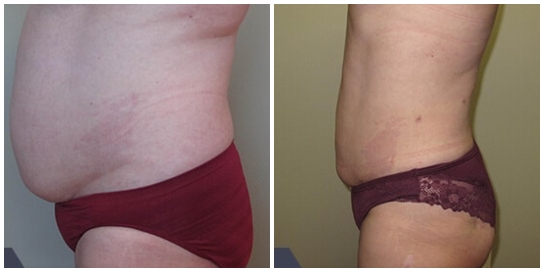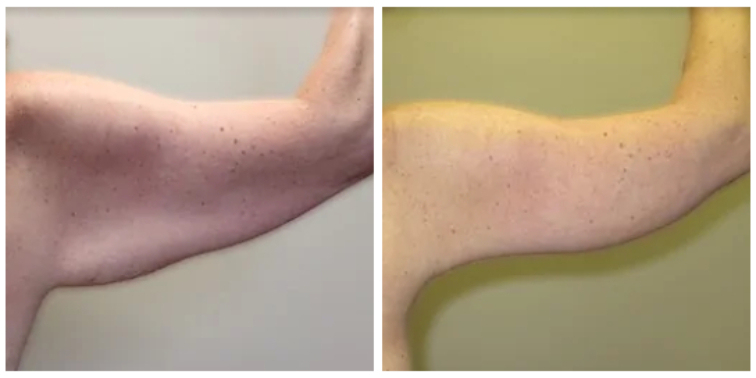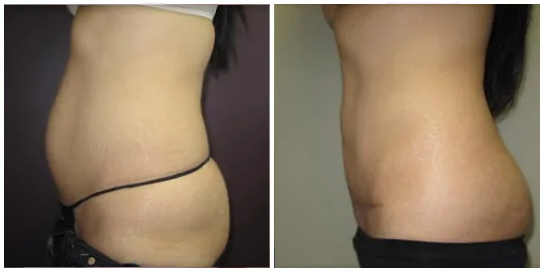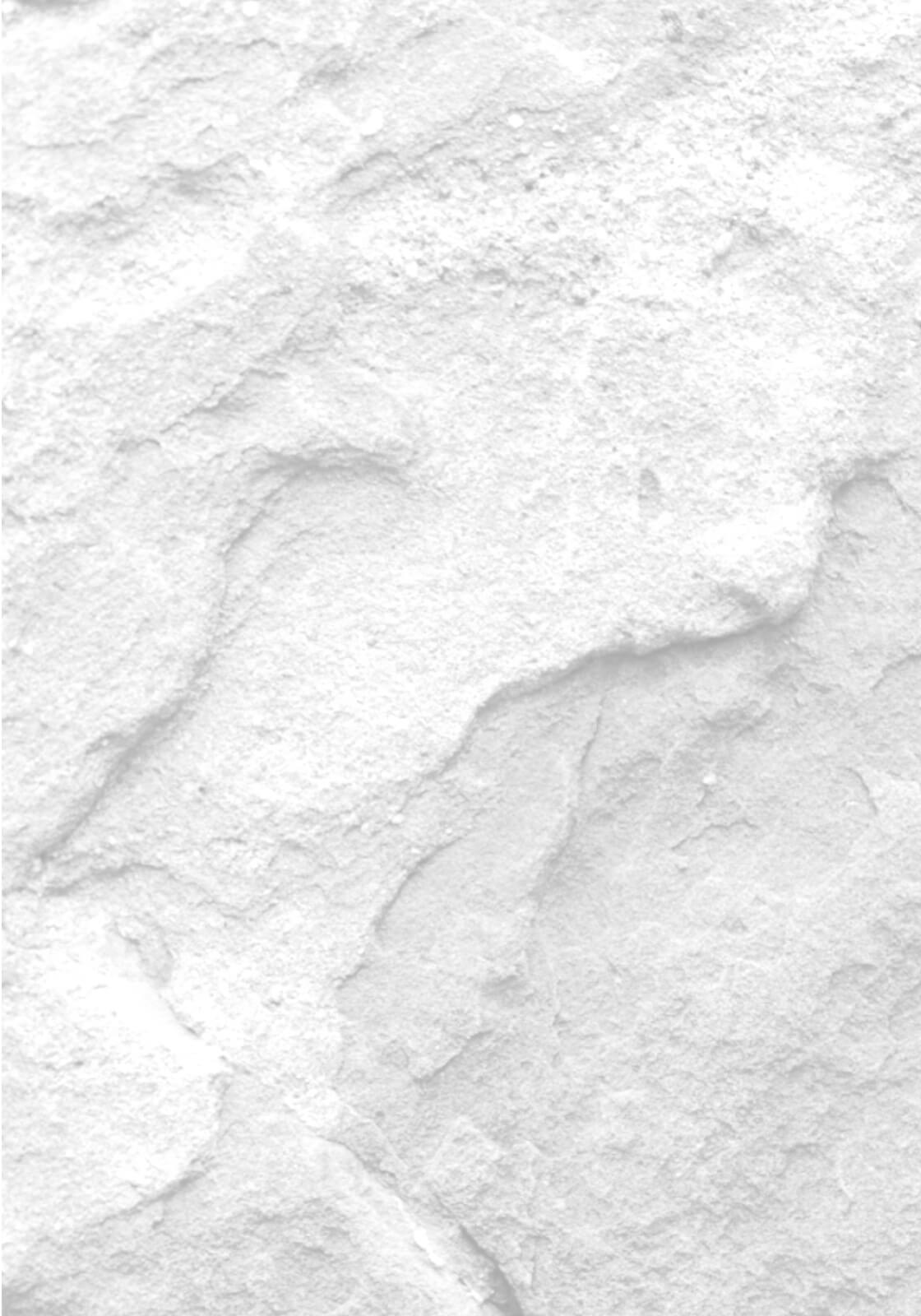Pre-Operative Care
Conveniently located to serve the areas of Boulder, CO

Before surgery, you can play an important role in your own health. Because skin is not sterile, we need to be sure that your skin is as clean as possible. Your skin will be prepared with antiseptic before your surgery, but the antiseptic can work better if your skin is clean.
To cleanse your skin prior to surgery, your surgeon has asked that you shower with the antibacterial soap Dial™ or Safeguard™ soap.
Contents
Instructions for Use
- For best results, you should shower both the evening before and day of your surgery.
- Do not shave the area of your body where your surgery will be performed.
- With each shower or bath, wash your hair as usual with your normal shampoo.
- Apply the soap ONLY FROM THE NECK DOWN.
- Use gentle friction with a washcloth or soft sponge to aid in dirt removal, however, rough scrub brushes and harsh scrubbing should be avoided.
- Special attention should be paid to your neck, under arms, breasts, feet, groin and skin fold regions. Thorough rinsing should follow soap application.
- Avoid getting the soap in your eyes, ears and mouth.
- Do not shampoo with the soap.
- Do not use lotion, cream or powder afterwards.
- Wear clean clothes the day of your surgery.
Suture (Stitches) Post-Operative Care
You have had a surgical procedure that required sutures (stitches) to close the wound. These will remain in the skin for three to fourteen days, depending on their location and your surgeon’s discretion.
Instructions
- If antibiotics are prescribed, take your full prescription as directed.
- Discomfort is usually relieved with Tylenol. If a stronger medication is prescribed, follow directions carefully.
- Do not drink alcohol when taking pain medications.
Incision Care
- Keep the wound and sutures dry for 24 hours, unless advised otherwise.
- After 24 hours, wash the area daily with soap and water, unless instructed otherwise. Avoid soaking the area while sutures are in place.
- Baths may be resumed after the sutures are removed.
- Inspect incisions daily for signs of infection.
- You may be directed to apply a dressing and medication to the wound. Be sure to ask any questions about your care so that you can perform these dressings at home.
Appearance
- Your surgeon will decide on the appropriate suture needed for your procedure. Generally, one of three kinds of sutures is used:
- Interrupted – small knots are used to close the wound
- Over and Over – continuous, loop-like stitches
- Subcutaneous – a hidden stitch under the skin
When To Call
- If you have increased swelling or bruising.
- If swelling and redness persist after a few days.
- If you have increased redness along the incision.
- If you have severe or increased pain not relieved by medication.
- If you have any side effects to medications; such as, rash, nausea, headache, vomiting.
- If you have an oral temperature over 100.4 degrees.
- If you have any yellowish or greenish drainage from the incisions or notice a foul odor.
- If you have bleeding from the incisions that is difficult to control with light pressure.
- If you have loss of feeling or motion.
For Medical Questions, Please Call:
Denver Office: 303-909-6977
Boulder Office 303-440-7546
Post-Operative Pain Management
Pain can have a serious impact on your quality of life. Pain can change your mood, cause you to lose sleep, & interfere with your daily activities. It is your responsibility to inform us about your pain in order to achieve the best results.
Our Recommendations:
- Make sure that a member of your care team is aware of any pain you are having. Some patients are hesitant to discuss their pain, but we encourage you to do so.
- Tell your health care team the following things about your pain:
- Where it is located
- How bad it is
- What has helped so far or in the past
- If pain medications are prescribed for you, please:
- Make sure you know who & when to call if your pain is not well controlled
- Learn the possible side effects of your medication
- Please ask your health care team for more specific information about pain and alternative methods of pain management that may be appropriate for you.
Contact the office with medical concerns:
- Denver Office: 303-909-6977
- Boulder Office 303-440-7546
Constipation Prevention and Management
Management is necessary but prevention is better. Preventing or alleviating constipation usually requires that the patient do the following
- Increase fluid intake, activity level or dietary fiber intake.
- Establish and maintain a regular elimination routine.
- Provide a quiet and adequate time for elimination.
Below is a protocol to prevent and manage constipation caused by pain medication.
- Prevention – Take 2 Senokot and 2 Colace tablets each night at bedtime. This should produce a bowel movement the following morning (If no bowel movement in 2 or 3 days, follow instructions from #2)
- Take 2 Senokot and 2 Colace tablets in the morning and also at bedtime. If you usually have a bowel movement daily, you can add Milk or Magnesia 30ml at bedtime (If no bowel movement in 2 or 3 days, follow instructions from #3)
- Take 3 Senokot and 3 Colace tablets in the morning and also at bedtime (If no bowel movement in 2 or 3 days, follow instructions from #4)
- Take 4 Senokot and 4 Colace tablets in the morning, at midday and also at bedtime.





